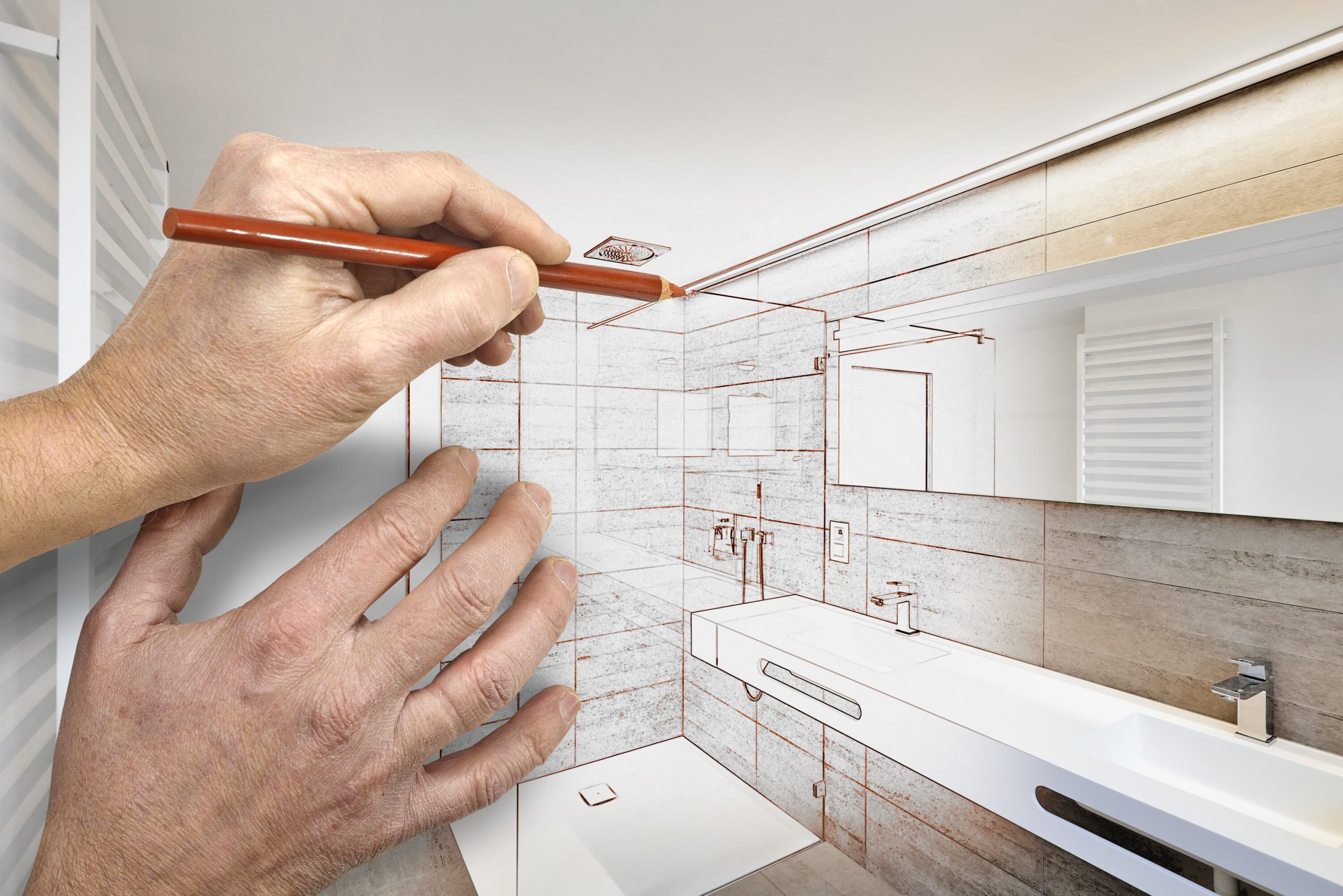
Sweaty Registers- What’s the Deal?
Sweating is an unfortunate part of life. And no one is more familiar with it than folks who live in the Southern States. The moment you step out into the wilds beyond your front door, it’s a swamp city with no escape until you’re back in the cool mercy of an air conditioned interior space. As much as human bodies should sweat as a way to keep cool and regulate body temperature, there are some things in life that shouldn’t sweat. The iced coffee you got as a treat shouldn’t sweat all over your desk, the inside of your freezer shouldn’t have any dripping water, and your home shouldn’t have sweaty registers either.
So what do you do when you walk past a register and see that it has a covering of water droplets on it? There are a few causes for a sweaty AC register, but you can remedy this watery worry.
What’s an AC Register?
HVAC systems are complex and most of the machinery and ductwork are out of sight, behind walls and under floorboards in a house. One of the most visible pieces of the HVAC system, aside from the AC unit outside, are the registers in a house. These are the spots in your home where conditioned air enters a room that has a metal cover. Vents usually come with a little lever or simple dial that can be used to open and close the register cover to let in more or less air as desired. Registers specifically move air into a home, while the spots that pull air back into the HVAC system are called grilles. Keep that little fact tucked away for your next trivia night and you’ll be sure to impress your friends.
Why do Registers Sweat?
When talking about a “sweating” register, it means a register that either has collected visible moisture on it or one that is dripping water down a wall or onto a floor. In a home, no one wants to see water collecting on their walls. And in businesses it can be a nuisance to customers and a slip hazard to workers. Sweaty registers and high humidity often go hand-in-hand, and can be a symptom of bigger issues within an HVAC system. ACHRN News offers a few possible causes behind sweaty registers:
- Mismanaged Humidity – Excess moisture in an HVAC system can lead to sweaty registers. This can be caused if an air conditioner is running only occasionally, because this makes it hard to manage the humidity levels in a home. One solution could be to install an updated thermometer that can detect and react to humidity levels to keep the AC unit running and handling excess humidity.
- Dirty Filters or VAV Box – Filters are one of the most accessible pieces of an HVAC system that homeowners have access to and control over. Regular changing of the filter at each return of your home can help your system run more efficiently. A VAV box (Variable Air Volume box) is an internal mechanism that, true to its name, offers variable amounts of air to help keep temperatures steady. If either of these get dirty through neglect or damage to the HVAC system, they can cause sweaty registers and other issues.
- Undersized Returns – When a return is too small to bring air back into the ductwork to feed the cycle of air conditioning, the whole system suffers. A licensed HVAC tech can use tools to diagnose your system and see if this is an issue.
- Issues with Air Pressure – “Positive air pressure” is necessary for HVAC systems to serve their purpose. In short, positive air pressure keeps air inside a building rather than rushing out and going to waste.
SEE ALSO: The Power of Positive Air Pressure
Don’t Ignore the Problem
You should not ignore sweaty registers or “fix when you have the time.” This is a symptom of a larger issue in your home’s HVAC system that needs to be addressed as soon as possible. Seeing sweaty registers means that there is excess humidity not being properly handled. This can lead to damaged ductwork, mold/mildew issues, and things like damaged drywall if the moisture is collecting in damp rooms like laundry rooms and bathrooms.
Random drops of water from a ceiling register are also deeply unpleasant and can be a slipping hazard if it goes unfixed. Some solutions can involve addressing humidity issues in home, installing insulation blankets to halt the moisture from gathering in the first place, or replacing faulty ductwork that has damage or may not be suited for modern AC units.
Talk to the Professionals
If you notice sweaty registers in your home, take the time to call and arrange an inspection appointment with your local, licensed HVAC service providers. Technicians have the diagnostic tools and experience to address issues like sweaty registers. They can help keep your HVAC system operating at top efficiency.
Having scheduled, twice-annual maintenance appointments can be a great tool at your disposal when it comes to spotting, acknowledging, and finding solutions for HVAC problems before they become difficult to manage. The summer weather may make you break into a sweat just trying to go get the mail, but don’t let moisture issues stop your AC from keeping you cool.


